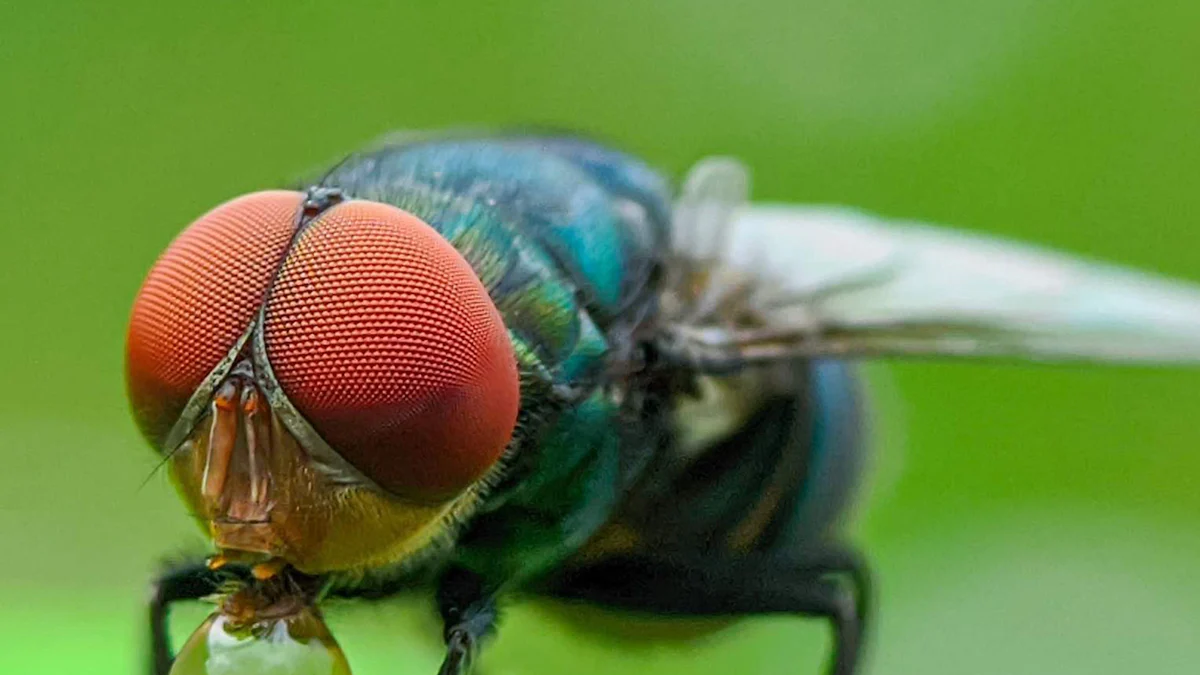
Fly Fan
The fly fan, also known as a fly repellent fan, is an innovative and highly effective tool for keeping flies at bay. By using a combination of gentle air movement and natural insect repellents, these fans create an environment that is inhospitable to flies. This proactive approach not only helps in repelling flies but also contributes to maintaining a fly-free space, whether it's indoors or outdoors.
Fly Fans: A powerful solution for fly control and prevention.
Implementing a fly fan as part of your pest management strategy can significantly reduce the presence of flies and enhance the overall comfort of your surroundings.
Fly Infestations
Understanding Fly Infestations
When fly infestations occur, they can quickly become a significant nuisance for both homeowners and businesses. These pesky insects are naturally drawn to areas with accessible food, garbage, and animal waste, making properties susceptible to a fly invasion.
Health Risks Associated with Fly Infestations
Fly infestations pose notable health risks due to the potential for disease transmission. Flies can carry and spread various diseases, emphasizing the importance of promptly addressing any fly outbreak to mitigate associated health hazards.
Natural Control
Using Insect Repellent Plants
Incorporating insect repellent plants into your surroundings can serve as a natural deterrent for flies. Varieties such as lavender and basil are known for their ability to repel insects effectively. Strategically situating these plants around your property, particularly near entry points and outdoor gathering areas, can significantly aid in controlling fly populations.
Implementing Natural Fly Traps
Natural fly traps provide an eco-friendly and chemical-free solution for managing fly infestations. Options like vinegar traps and sugar-water traps are simple yet effective in capturing and reducing fly numbers. These traps work by attracting flies with their scent, subsequently trapping them and diminishing the overall presence of these pesky insects.
Fly Prevention
When it comes to keeping flies at bay, implementing effective fly prevention measures is crucial. By utilizing a combination of proactive strategies, you can significantly reduce the likelihood of fly infestations and create a more pleasant environment for yourself and others.
Effective Fly Control Methods
Maintaining cleanliness and practicing proper waste management are fundamental steps in preventing fly infestations. By promptly disposing of garbage and ensuring that food spills are cleaned up, you can deter flies from breeding and nesting in your surroundings.
Installing fly screens on windows and doors, as well as sealing any potential entry points, serves as a physical barrier against flies entering indoor spaces. These measures are highly effective in minimizing the presence of flies indoors.
Strategies for Preventing Fly Infestations
Regularly disposing of garbage and cleaning up food spills can deter flies from breeding and nesting.
Implementing fly repellent measures such as essential oils and strategically placing fly fans can aid in preventing fly infestations.
By integrating these methods into your pest management approach, you can effectively minimize the risk of fly infestations while creating a more hygienic and comfortable living or working environment.
Say Goodbye to Flies with a Fly Fan
Say farewell to pesky flies by embracing the efficacy of a fly fan in conjunction with natural control methods. By integrating a fly fan into your pest management strategy, you can effectively combat fly infestations and create a more comfortable environment for yourself and others. Implementing proactive fly prevention strategies, such as utilizing insect repellent plants and natural fly traps, contributes to a healthier living or working space. Embracing the use of a fly fan as part of your overall fly control approach can lead to long-term success in managing and preventing fly infestations.